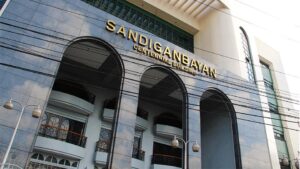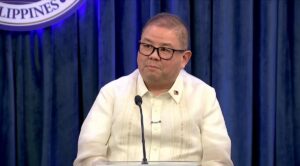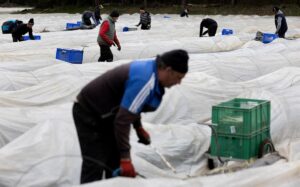
In a welcome turn of events for the Philippine economy, December 2023 marked a significant easing of inflation, hitting a 22-month low at 3.9%. This figure represents a notable decrease from the previous month’s 4.1% and a substantial drop from the 8.1% peak observed in December 2022. These numbers signal the lowest inflation rate since February 2022, when it was recorded at 3%.
A closer look at the components of the inflation rate reveals a mixed bag. Core inflation, which strips out the often volatile food and oil prices, also showed a decrease, coming in at 4.4%, down from November’s 4.7%. This reduction was primarily attributed to a slower year-on-year increase in costs related to housing, utilities, and other fuels, which grew by only 1.5% compared to 2.5% in the previous month. However, food inflation, a critical concern for many, showed a less pronounced decrease, moving from 5.8% in November to 5.5% in December. It’s noteworthy that rice, a staple in the Filipino diet, saw its inflation rate jump to a worrying 19.6% in December, up from 15.8% in November.
For the year 2023 as a whole, headline inflation averaged out at 6%. Geographically, the easing of inflation was observed both in the National Capital Region (NCR), where it slowed to 3.5%, and in areas outside the NCR, where it decreased slightly to 4%.
Despite these positive developments, the Bangko Sentral ng Pilipinas (BSP) remains cautious. It acknowledges the current moderation but warns of ongoing risks, particularly from higher transport costs, electricity rates, oil prices, and the effects of the El Niño weather phenomenon. The central bank emphasizes the need to maintain tight monetary policies until a sustained reduction in inflation is evident and commits to monitoring inflation expectations and potential second-round effects closely.
In response to these challenges, the Philippine government, through the National Economic and Development Authority (NEDA) and the Department of Finance, assures continued vigilance in price monitoring and inflation risk management. Measures to protect the purchasing power of households are a priority, with efforts including the extension of Most Favored Nation reduced tariff rates for essential agricultural commodities. Additionally, NEDA Secretary Arsenio Balisacan highlights the importance of implementing the El Niño National Action Plan to mitigate the adverse effects of this climatic event on inflation. Finance Secretary Benjamin Diokno also points to upcoming government measures aimed at alleviating the impact of toll rate hikes on food inflation and reducing energy costs through critical infrastructure projects.





















Comments are closed for this article!